Effects of Carbon Filtration Type on Filter Efficiency and
gram of activated carbon contains 500-2,000m 2 aggregate surface area.1 Activated carbon is widely used in critical purification techniques in gas purification, metal extraction, water purification, medicine, gas masks, and air filters. Figure 1: Internal Pore of Activated Carbon Granule GASES AND CHEMICALS PORES ACTIVATED CARBON Production
Removal of per- and polyfluoroalkyl substances (PFASs) in a,Per- and polyfluoroalkyl substances (PFASs) are persistent and harmful pollutants that can contaminate drinking water sources. This study evaluates the long-term performance of granular activated carbon (GAC) for removing PFASs in a full-scale drinking water treatment plant. It also examines how the flow-rate affects the GAC adsorption capacity and the decline in effectiveness over time. Learn
Best Air Purifier Buying Guide - Consumer Reports
Activated carbon filters get saturated faster than mechanical filters, though, and require replacement more frequently¡ªevery three months, as opposed to every six to 12 months for mechanical
Microplastic Removal from Drinking Water Using Point-of-Use,Microplastics are tiny plastic particles that can contaminate drinking water and pose potential health risks. This study evaluates the performance of different point-of-use devices, such as activated carbon filters, in removing microplastics from tap water. The results can help consumers and policymakers make informed choices for safe and sustainable water consumption.
Activated Carbon Filter [Carbon Block vs GAC Water Filter
Radial flow GAC carbon filters are designed to work much more like both carbon block and GAC filters. The water flows in a radial direction much like carbon filters. It flows from the exterior of the filter to the inside passing through the bed of activated carbon granules. This means the whole exterior surface of the filter gets in contact
Under-Sink Activated Carbon Water Filters Effectively Remove,Evidence-based solutions are needed to prevent drinking water lead exposure among private well users, but minimal data are available regarding the real-world effectiveness of available interventions like point-of-use water treatment for well water. In this study, under-sink activated carbon block water filters were tested for lead and other
Solid Carbon Block Water Filters - Our Products | Multipure
When you look up water filtration and check out some of the products that show up, you¡¯ll often see terms like ¡°activated carbon¡± and ¡°carbon water filter system.¡± But, there¡¯s a big difference between loose carbon granules found in the cheapest water filters, and the advanced, industry-leading performance of a Multipure solid block
Activated Carbon - TABLE OF CONTENTS - American Water Works,Activated Carbon Solutions for Improving Water Quality Zaid K. Chowdhury R. Scott Summers Garret P. Westerhoff Brian J. Leto Kirk O. Nowack Christopher J. Corwin
Study the Use of Activated Carbon and Bone Char on the
In this study, granulated activated charcoal (GAC) and bio charcoal (BC) is used as a filler in P3 biosand bag filter to study their filtration performance against a range of fluoride impurities from 1¨C1400 mg/L. A set of experiments are done
Porous sorbents for the capture of radioactive iodine,Activated carbons impregnated with TEDA. In scientific studies, triethylenediamine (TEDA, C), also known as 1,4-diazabicyclo [2.2.2]octane (DABCO), is the commonest impregnating agent used in activated carbon filters for the capture of radioactive iodine species. TEDA has a melting point and a boiling point of 158 ¡ãC and 174 ¡ãC, respectively
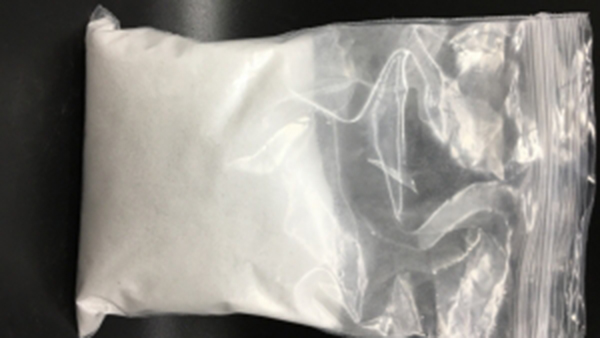
A review on the influence of chemical modification on the
Adsorbents are insoluble porous solids capable of binding liquid or gaseous molecules to their surfaces in a simple and cost-effective method of water treatment. The performance of an adsorbent depends on the chemical and physical properties of the adsorbent surface as well as that of the soluble substances. The chemical modification provides a
Get Price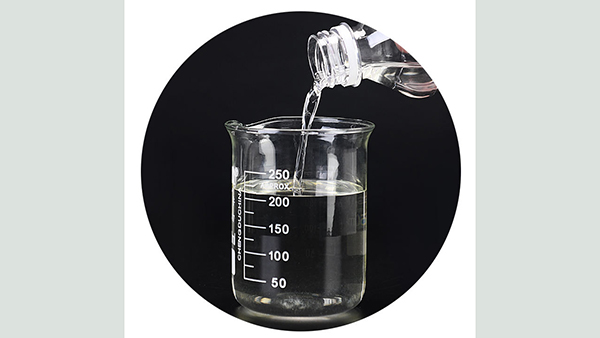
The effects of chemical modification on adsorbent performance
The adhesion of atoms, ions, or molecules from a gas, liquid, or dissolved solid to a surface is known as adsorption (Amalina et al., 2022a; Ge et al., 2021).The adsorbate is the substance that is adsorbed, and the adsorbent is a solid on which the substance accumulates (Abdulrahman et al., 2020).
Get Price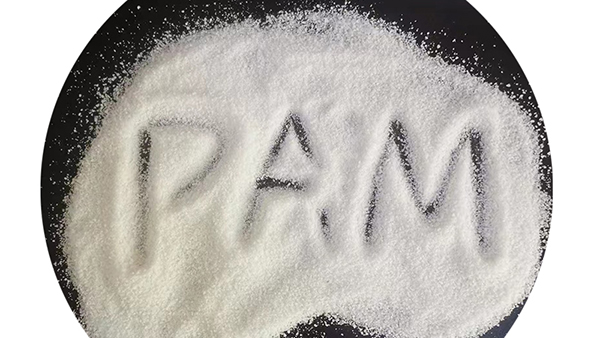
Water purification by using Adsorbents: A Review
Agricultural waste peels, biomass based activated carbon and industrial byproducts have been used as low cost adsorbents for the removal of pollutants from water and wastewater Bhatnagar et al. (2015)Yagub et al. (2014)Ahmad and Danish (2018)Olu-Owolabi et al. (2017)Georgieva et al. (2015).
Get Price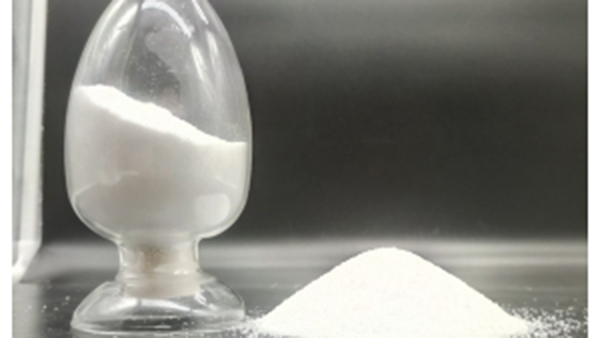
Role of Adsorption in Petroleum Industries and Refineries
Keywords: desulphurization, adsorbent, wastewater treatment, kinetics, equilibrium. 1. INTRODUCTION Adsorption is one of the easiest and efficient separation methods used in chemical, petrochemical and pharmaceutical industries. Adsorption is classified based on the mechanism as physical and chemical adsorption.
Get Price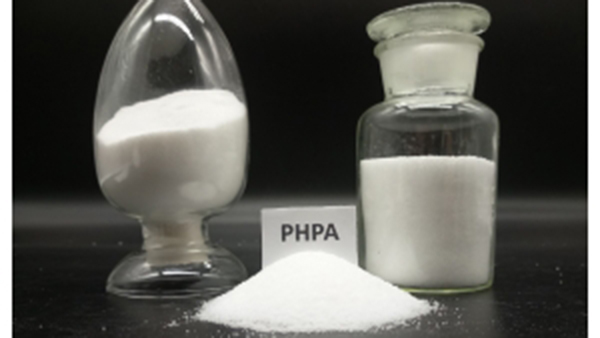
Removal of organic pollutants from produced water by batch
At a PAC adsorbent dose of 0.25 g/100 mL, maximum oil removal efficiencies (99.57, 95.87 and 99.84 percent), COD and total petroleum hydrocarbon (TPH) were identified. Moreover, when zeolite X was used at a concentration of 0.25 g/100 mL, the highest turbidity removal efficiency (99.97%) was achieved.
Get Price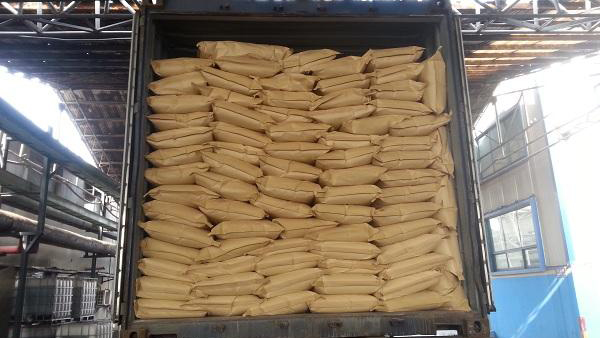
Carbon based materials: a review of adsorbents for inorganic
process.2,3 Absorption as a water treatment technology merely concentrates the common pollutants and transfers them to other phases. The adsorption phenomena are characterized by and depend on the interactions between adsorbate molecules and adsorbent. The absorption capacity of a carbon-based adsorbent for chemical compounds depends on the
Get Price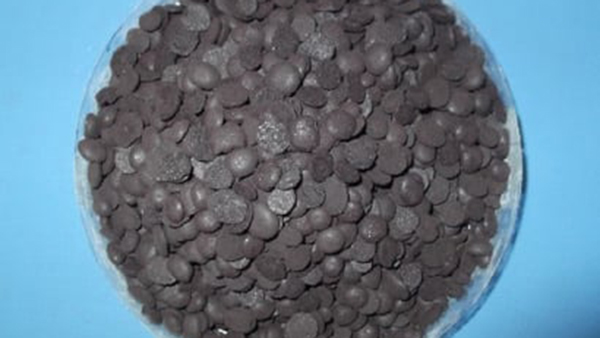
Removal of heavy metal ions from wastewater: a comprehensive
Different reported methods were devoted to heavy metal ions removal from various wastewater sources. These methods could be classified into adsorption-, membrane-, chemical-, electric-, and
Get Price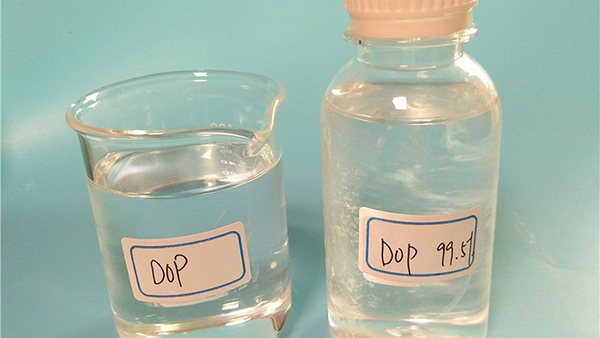
Recent developments in hazardous pollutants removal from
Wastewater composition varies depending on the chemicals used in the upstream processes and the nature of treatment it has undergone; thus classifying industrial wastewater into specific
Get Price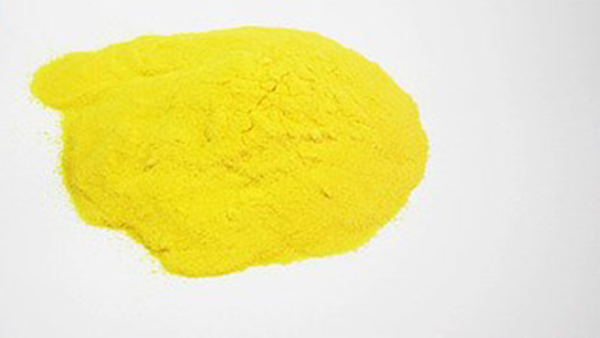
Zeolites in Adsorption Processes: State of the Art and Future
Zeolites have been widely used as catalysts, ion exchangers, and adsorbents since their industrial breakthrough in the 1950s and continue to be state-of the-art adsorbents in many separation processes. Furthermore, their properties make them materials of choice for developing and emerging separation applications.
Get Price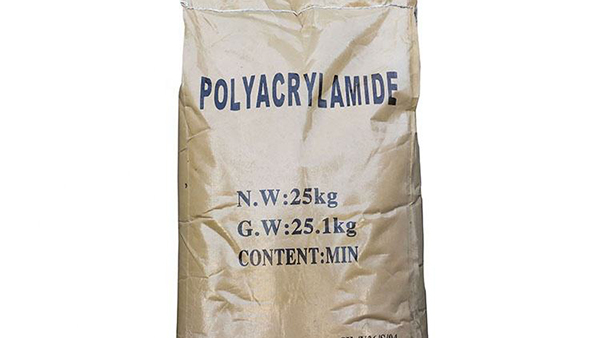
A Review on the Treatment of Petroleum Refinery Wastewater
The petroleum industry is one of the most rapidly developing industries and is projected to grow faster in the coming years. The recent environmental activities and global requirements for cleaner methods are pushing the petroleum refining industries for the use of green techniques and industrial wastewater treatment. Petroleum industry wastewater contains a broad diversity of contaminants
Get Price